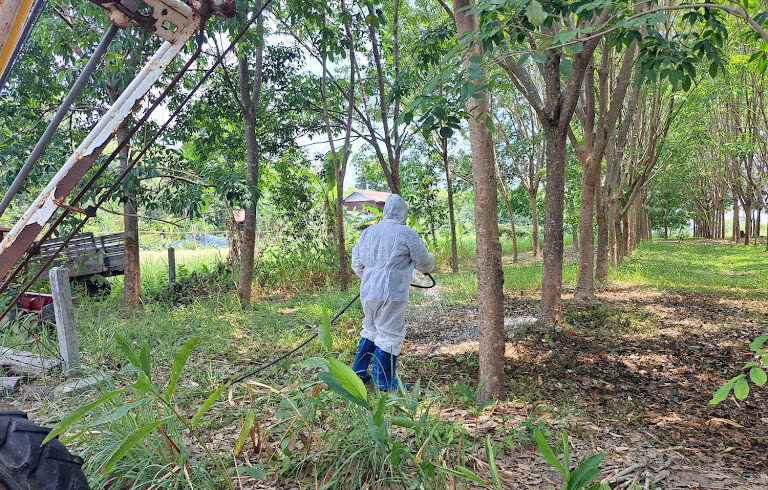Thailand Anthrax Death Sparks Fears of Wider Global Health Risks
First anthrax death in Thailand sparks fears about food safety and cross-border risks with recent Laos infections.

The news out of Mukdahan province in Thailand is unsettling: the country’s first anthrax death in three decades, as reported by the Bangkok Post, and hundreds potentially exposed. While the immediate response—quarantines, antibiotic prophylaxis, and livestock vaccination—is crucial, this incident reveals deeper vulnerabilities in our increasingly interconnected world. We’re not just talking about a localized disease outbreak; we’re talking about the intersection of public health, agricultural practices, and cross-border challenges in a rapidly changing environment.
This isn’t simply a tragic anomaly. As detailed in this recent reporting from the Bangkok Post, the proximity to Laos, where dozens of anthrax infections occurred last year, highlights the porous nature of borders when it comes to infectious diseases. What’s more, the fact that the likely source of infection is consumption of raw or undercooked beef raises difficult questions about food safety practices and the economic pressures that might lead people to consume meat that hasn’t been properly prepared. Are there underlying issues of food insecurity or lack of access to reliable information about safe handling practices? The answers are likely complex and multi-layered.
We live in a world of growing complexity, where systems are intertwined in ways we don’t always fully grasp. The anthrax outbreak in Thailand isn’t just about anthrax. It’s about:
- The interconnectedness of human and animal health.
- The challenges of controlling disease transmission across national borders.
- The socio-economic factors that shape individual behavior and risk-taking.
- The limitations of our public health infrastructure in the face of emerging threats.
This incident underscores the need for a more holistic approach to public health, one that considers the interplay of environmental factors, agricultural practices, and globalized trade. Reactive measures, while necessary in the short-term, aren’t sufficient. We need proactive, systems-level interventions.
This outbreak, though seemingly isolated, serves as a stark reminder of the fragility of the systems we rely on. While the Thai authorities are working diligently to contain the situation, we must ask ourselves: are we adequately prepared for the next outbreak, whatever form it may take? Are we investing enough in surveillance, prevention, and rapid response capabilities? Are we building the international collaborations needed to effectively address transborder health threats? The answers to these questions will determine not only the fate of individuals in impacted communities, but the health and security of us all.









